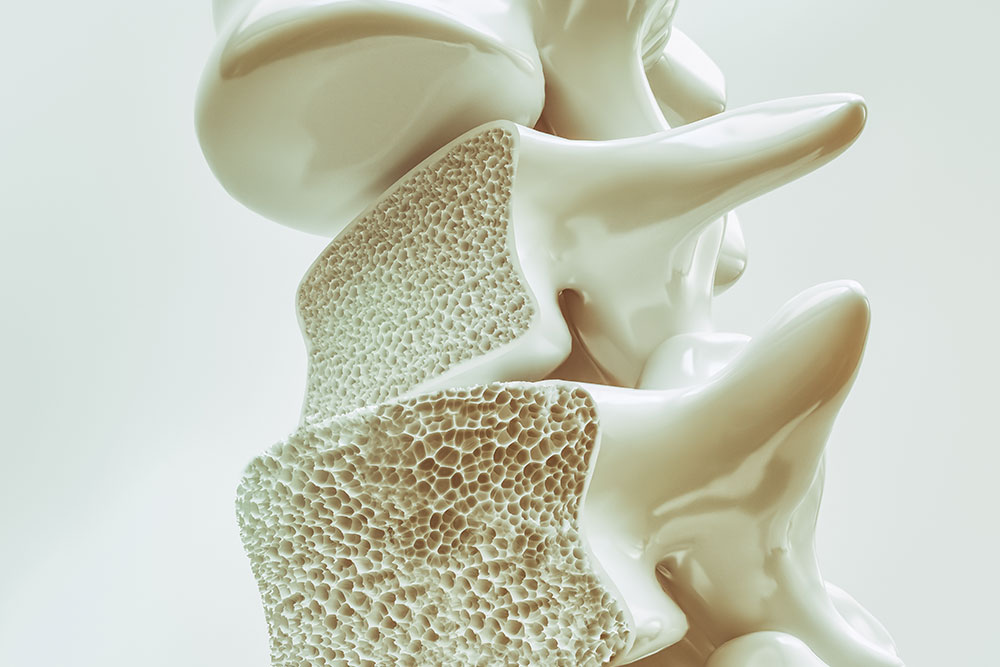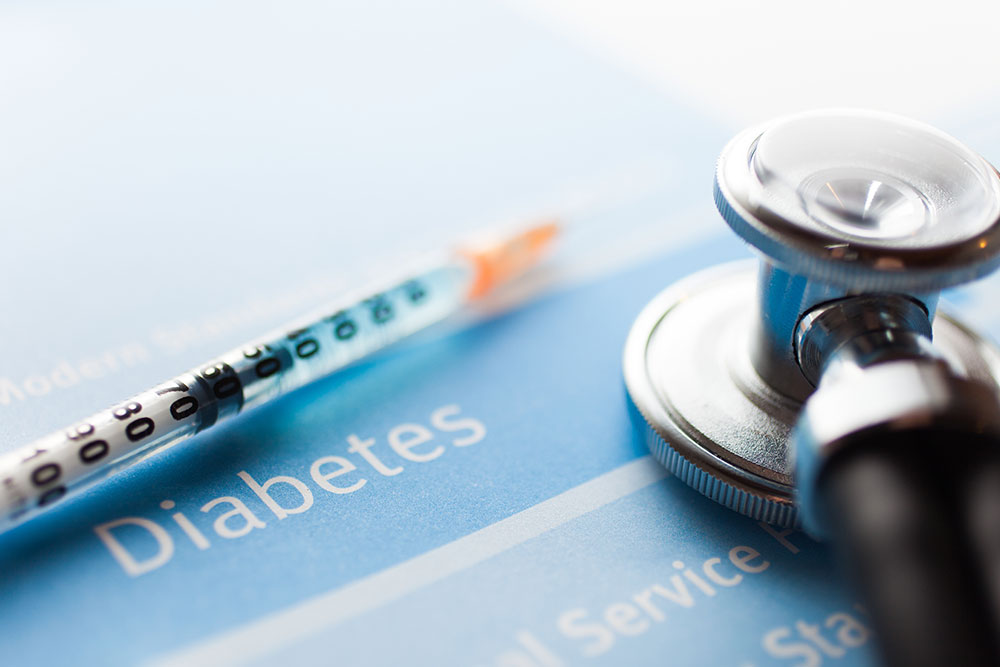Pellets for Women Counteract Degenerative Diseases

We often think of hormonal pellets to help women improve menopausal symptoms such as sleeplessness, hot flashes, night sweats, and lack of libido, but did you know that pellets for women can help women prevent long-term degenerative diseases?
According to an article published in the National Library of Medicine, “Hormone replacement therapy in young postmenopausal women is a safe and effective tool to counteract climacteric symptoms and to prevent long-term degenerative diseases, such as osteoporotic fractures, heart disease, diabetes mellitus, and possibly cognitive impairment.”
Let’s be clear. We are saying that the subcutaneous delivery of hormonal pellets for women can treat the following degenerative diseases: osteoporosis, heart disease, diabetes, and cognitive disorders.

Hormone Pellets Treat Osteoporosis
As we age, osteoporosis is a medical condition that affects both men and women, but it is more common in women, especially after menopause, due to a decrease in estrogen levels.
It occurs when the body loses too much bone, makes too little bone, or both, and, as a result, the bones become porous and fragile and are more likely to fracture or break. Even with a healthy lifestyle, you may need additional therapy to protect against bone loss and fractures.
According to the Royal Osteoporosis Society, combined estrogen and progesterone hormone therapy can help prevent bone loss and reduce the risk of developing osteoporosis and of breaking bones. Additionally, if you already have osteoporosis or a high risk of breaking bones, hormone therapy can help to strengthen your bones and make fractures less likely.
Hormone Pellets Treat Heart Disease
Heart disease is caused by a buildup of plaque in the arteries, which can narrow or block the blood vessels that carry oxygen and nutrients to the heart. This can cause chest pain or discomfort, shortness of breath, fatigue, and other symptoms.
As we age, the factors such as smoking, high blood pressure, high cholesterol, diabetes, family history of heart disease, sedentary lifestyle, obesity, and stress, increase our risk of heart disease.
According to a study conducted by Cedars-Sinai, hormone therapy may help to improve heart health and overall survival in some women. The study also suggests that the treatment reduces plaque buildup in the heart’s arteries. Below are their findings. Women using hormone replacement therapy were:
- Thirty percent less likely to die of heart disease than those not on hormone therapy
- Twenty percent more likely to have a coronary calcium score of zero (the lowest possible score, indicating a low likelihood of heart attack)
- Thirty-six percent less likely to have a coronary calcium score that indicates extensive atherosclerosis, which leads to strokes and heart attacks.
The studies do show there is a window of opportunity in terms of when to initiate hormone therapy in order to reduce the risk of coronary heart disease. A recent study on hormone replacement therapy (HRT) and coronary heart disease (CHD) found that HRT can significantly reduce the risk of CHD, but “appears to exert its greatest benefit when initiated in women before 60 years of age and/or within 10 years of menopause.”

Hormone Pellets Help Treat Diabetes
Diabetes is a chronic medical condition that affects how your body processes glucose, which is the main source of energy for your cells. It is caused by a problem with processing insulin, a hormone that helps glucose enter your cells to be used for energy.
When blood glucose levels rise, beta cells in the pancreas produce insulin, which signals cells to take sugar from the blood. In type 1 diabetes, the body’s own immune system attacks and destroys these beta cells. In type 2 diabetes, the most common form of diabetes, cells lose their sensitivity to insulin, and beta cells can’t make enough insulin to keep blood sugar levels in check. Over time, high levels of glucose can lead to heart disease, vision loss, kidney disease, stroke, and many other problems.
Menopause and perimenopause can add additional risk of diabetes for women. The hormones estrogen and progesterone affect how your cells respond to insulin, and changes in hormone levels can trigger fluctuations in your blood sugar level.
A menopausal woman with diabetes may notice that her blood sugar level changes more erratically than before menopause. When your blood sugar gets out of control, you have a higher risk of diabetes complications and need to see your doctor immediately. Dr. Fliedner can test your blood levels and treat you immediately.
The American Diabetes Association reports that hormone replacement therapy can significantly decrease a woman’s HbA1c (blood sugar) levels. “The association between HRT and decreased HbA1c levels was independent of age, ethnicity, education, BMI, type of hypoglycemic therapy, diabetes duration, SMBG practice, and exercise.” (American Diabetes Association)
Hormone Pellets Help Treat Cognitive Disorders
As a woman ages, her declining estrogen levels may lead to deficits in the cognitive ability, including memory, attention, language, and visuospatial ability, of post-menopausal women.
“Women comprise two-thirds of the 5.5 million cases of Alzheimer’s disease in the United States.” (American Journal of Managed Care). The recent 2022 Global Burden of Disease (GBD) report shows that the age-standardized dementia prevalence is higher in women (female-to-male ratio= 1.69). (source: 2023 BioMed Central Ltd.)
The cause? Declining estrogen levels are a contributing factor. “Estrogen is known to have a significant role in overall brain health and cognitive function, which is why a longer exposure to hormones could prove beneficial.” (American Journal of Managed Care)
According to an article written by Barbara Sherwin, Professor Emerita in the Department of Psychology at McGill University, “the vast majority of the reviewed studies support the idea that early but not late initiation of estrogen therapy might prevent or delay cognitive decline in aging women.” These findings have subsequently been supported by more recent research. Studies indicate that “women who initiate hormone therapy before their final menstrual period show increased blood flow to the hippocampus and better verbal memory compared to non-users.”
When Is a Good Time to Start Pellets for Women?
Our advice would be to get an early start on testing your hormone levels with your ob-gyn to help determine if and when bioidentical hormone replacement therapy (BHRT) is your best choice. Knowing when to start BHRT can help you maximize its impact while minimizing any risks. By strategically considering the timing of treatment, you may not only prevent unnecessary suffering but protect your health for years to come.
Every woman ages differently, and hormonal needs vary. Knowing the facts as presented in this article about the benefits of hormone therapy pellets and making an appointment with Dr. Fliedner to discuss your family history and take hormone tests is the best step toward maintaining a healthy system as you age.
Seek Expert Guidance
No matter what your stage of life is, deciding whether and when to start BHRT is a serious decision — and it’s not one you have to make alone. Dr. Fliedner specializes in hormone replacement therapy and will provide you with expert guidance as you weigh your options.
If you do decide to initiate treatment with him, he will develop a treatment plan customized to your needs, taking into account your symptoms, preferences, and overall health to optimize efficacy and minimize risk.
To request an appointment with Dr. Fliedner, call our office at (469) 459-3762 or fill out the form below.
